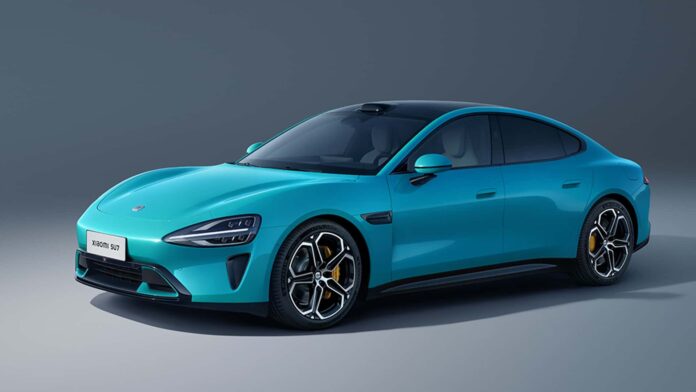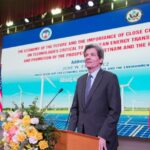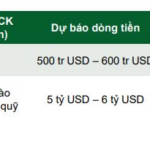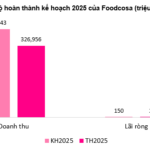In March, smartphone giant Xiaomi made waves with the launch of its first-ever electric vehicle, the Speed Ultra 7. Within just one day, nearly 90,000 orders were placed, showcasing Xiaomi’s strong appeal even in its first foray into the EV market.
However, Xiaomi’s unaudited financial report reveals that its electric vehicle business is facing challenges. Specifically, in the second quarter (ending June 30) – the first quarter in which Xiaomi delivered EVs to customers – the company posted an adjusted loss of $252 million.
This result comes as Xiaomi confidently asserts its target of selling 100,000 Speed Ultra 7s by November. Xiaomi delivered 27,307 SU7s in the second quarter, and with a retail price of around $30,000 each, it is estimated that Xiaomi incurs an average loss of $9,200 per car sold.
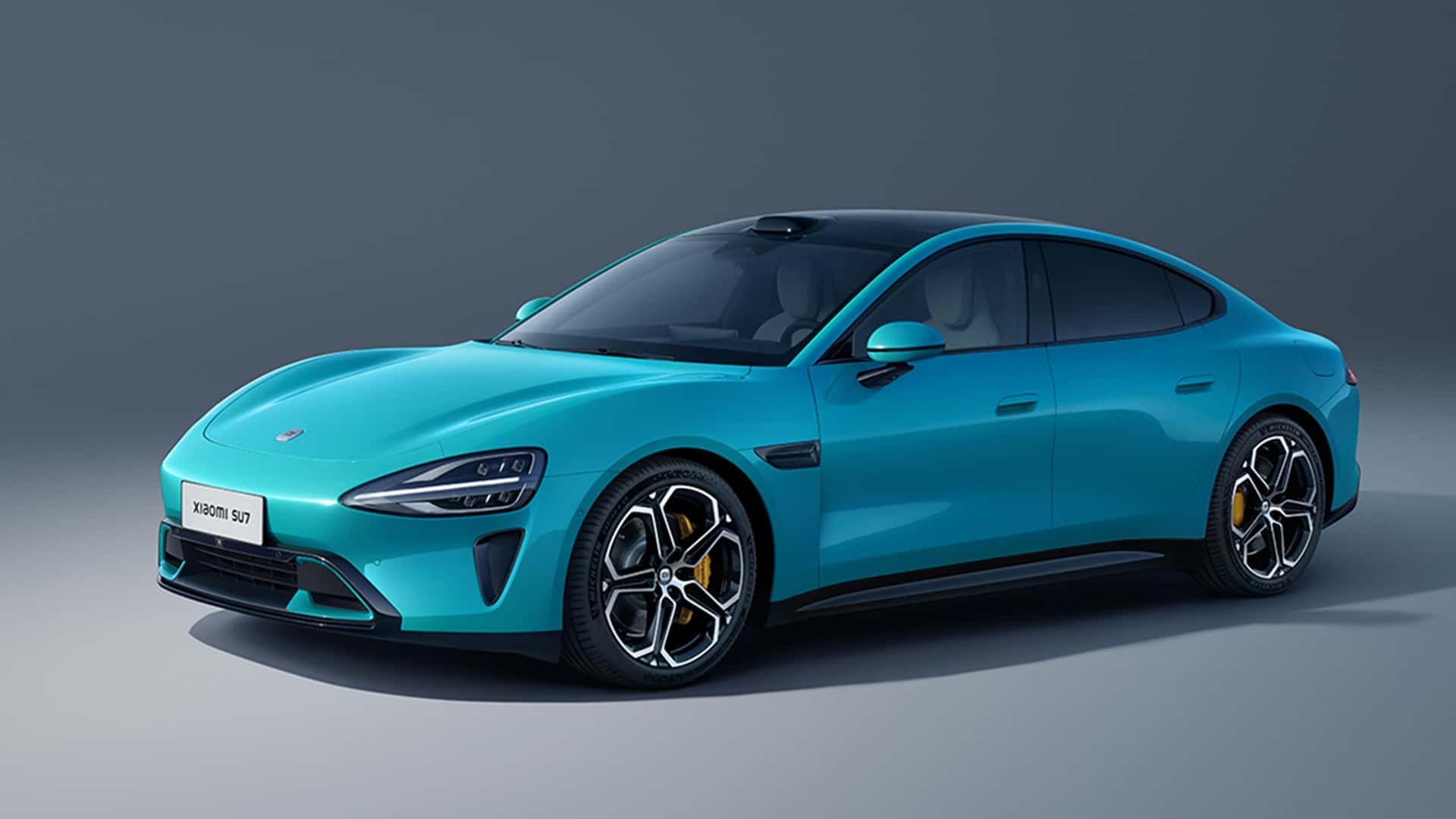
Xiaomi’s SU7 electric vehicle appeals to users with its sporty design.
Addressing this, CEO Lei Jun explained that Xiaomi is still in the investment phase for its electric vehicle business. He hopes that users will understand the company’s initial challenges and continue to support Xiaomi in its journey. The CEO also affirmed that additional resources will be invested to drive the development and create new breakthroughs for Xiaomi’s EV business. In an interview back in March, Xiaomi’s CEO shared plans to invest “tens of billions of dollars” in the coming years to grow the company’s EV and automotive technology business.
Indeed, as a newcomer to China’s already competitive electric vehicle industry, it is understandable that Xiaomi faces hurdles in its early stages. To make a significant breakthrough, Xiaomi needs to work on establishing its brand presence, enhancing product quality, and focusing on core technology development. These are key factors in creating a competitive advantage, attracting attention, and gaining the trust of consumers.
While Xiaomi’s short-term EV business performance is not particularly promising, analysts still recognize the company’s potential for future growth. Citibank analysts predict that Xiaomi will turn profitable once it reaches an annual sales volume of 300,000-400,000 vehicles. Citibank forecasts Xiaomi’s EV sales to reach 260,000 units by 2026.
A Long Road Ahead?
Compared to its domestic competitor, BYD, Xiaomi still has a long way to go. In the second quarter, BYD sold 426,039 vehicles.
As of now, Xiaomi has only one self-built factory for electric vehicle production. Since June, the factory has been operating in two shifts per day to produce over 10,000 vehicles per month.
Xiaomi has long asserted its vision for the SU7 as a smart car, directly competing with Elon Musk’s Tesla but at a more affordable price point for the average Chinese consumer. Additionally, Xiaomi has even bigger ambitions for its electric vehicle line, including autonomous driving, automatic parking, and voice-based virtual assistant features. These functionalities are expected to be fully integrated into the models rolling out of the factory this month.
Xiaomi also shared plans to develop a diverse range of electric vehicles beyond the SU7 sedan but has not disclosed any further details.
Vietnam ready to welcome record international visitors
In January of this year, Vietnam welcomed over 1.5 million international visitors, the highest number since the country reopened its tourism in March 2022.

